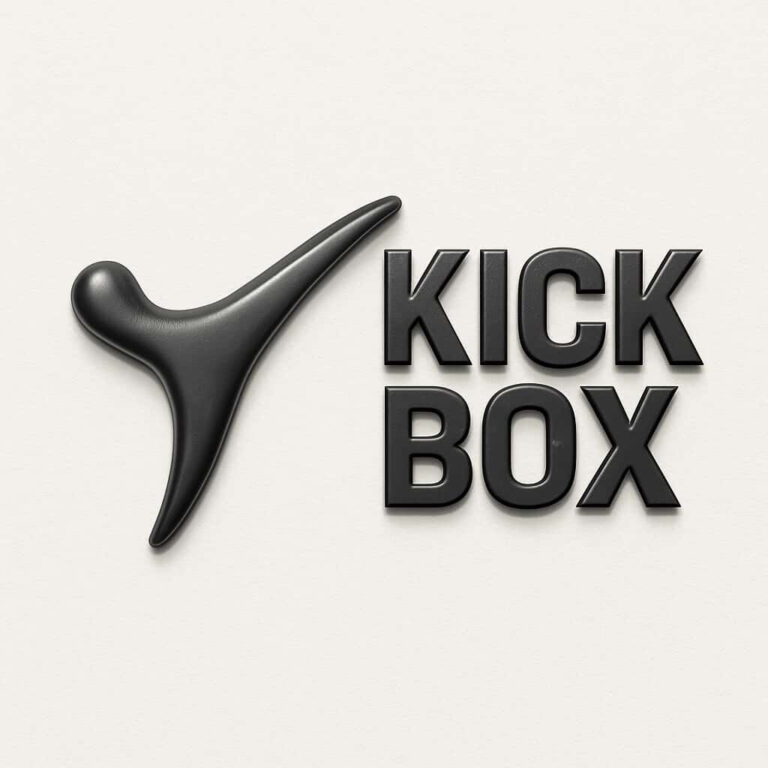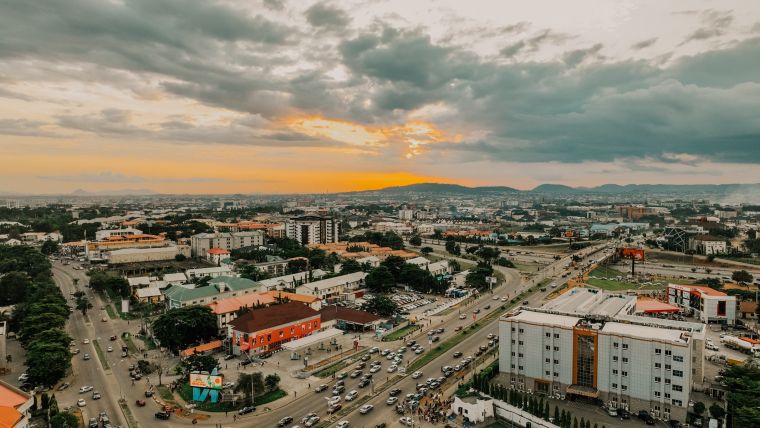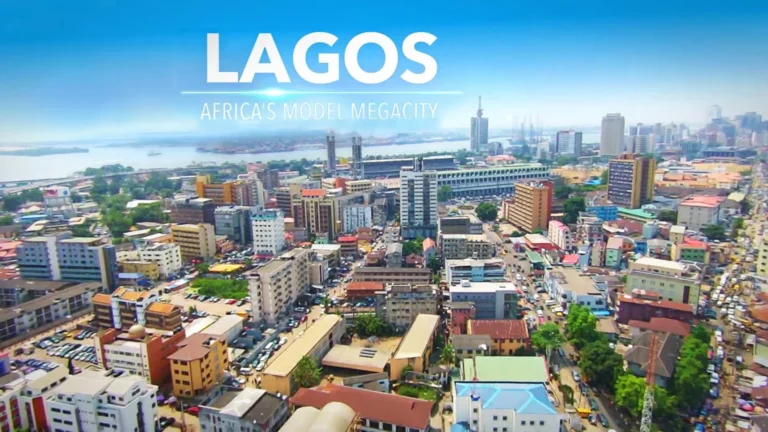TL;DR
Explore Nigeria’s top museums and cultural centers—each a gateway to the nation’s vibrant history, art, and living traditions.
This guide covers must-visit sites in Abuja, Benin City, Ile-Ife, Jos, Kano, Calabar, and Lagos, with practical tips, real user reviews, and direct links for seamless planning.
Whether you’re a culture lover, traveler, or student, you’ll find actionable insights and expert recommendations for every destination.
- Each museum or center offers a unique lens into Nigeria’s diverse heritage—don’t miss the local art, artifacts, and immersive experiences.
- Plan ahead: check official websites or contact centers for up-to-date hours, ticket prices, and special exhibits.
- Most sites are centrally located, accessible, and offer guided tours—perfect for families, students, and solo travelers.
- Authentic user reviews highlight friendly staff, educational value, and memorable exhibitions.
Direct Answer: Which Are the Best Museums and Cultural Centers in Nigeria?
The best museums and cultural centers in Nigeria are the National Museum in Abuja, Benin City National Museum, Yoruba Cultural Centre in Ile-Ife, Jos Museum Complex, Gidan Makama Museum in Kano, National Museum in Calabar, and the JK Randle Centre for Yorùbá Culture & History in Lagos.
Each location offers a distinct blend of artifacts, exhibitions, and immersive cultural experiences that reflect Nigeria’s rich history, creativity, and traditions.
National Museum, Abuja: Nigeria’s Cultural Heartbeat
Overview & Highlights
The National Museum in Abuja stands as the flagship of Nigeria’s museum network, dedicated to preserving and showcasing the nation’s cultural treasures.
Managed by the National Commission for Museums and Monuments, it features extensive collections of archaeological finds, ethnographic displays, and contemporary Nigerian art. The museum’s mission is to educate, enlighten, and entertain visitors while safeguarding Nigeria’s heritage for future generations.
Location: Federal Secretariat Complex, Block C, First Floor, Shehu Shagari Way, Abuja, FCT
Contact: Official Website | Email | +234 803 356 8183
User Review: “A must-see for anyone new to Abuja. The exhibits are well-curated and the staff are knowledgeable. I learned so much about Nigeria’s past in just one afternoon.”
Entry Fee: ₦500–₦1,500 (varies by age/group)
Pros: Central location, educational, family-friendly
Cons: Can be busy during school holidays
Benin City National Museum, Edo State: The Legacy of the Benin Kingdom
Overview & Highlights
Located in the heart of Benin City near the historic Oba’s Palace, this museum is renowned for its world-class collection of Benin bronzes, ivory carvings, and artifacts from the Punitive Expedition of 1897. It’s a living testament to the artistry, resilience, and history of the Edo people, offering visitors an authentic glimpse into one of Africa’s oldest kingdoms.
Location: Kings Square, Ring Road, Benin City, Edo State
Contact: Official Website | +234 803 356 8183
User Review: “The Benin bronzes are breathtaking. I was amazed by the stories behind each artifact. The museum is well-kept and staff are eager to share insights.”
Entry Fee: ₦500–₦1,000
Pros: Iconic artifacts, central location, guided tours
Cons: Limited parking on busy days
Yoruba Cultural Centre, Ile-Ife, Osun State: The Spiritual Home of the Yoruba
Overview & Highlights
Ile-Ife is widely regarded as the cradle of Yoruba civilization. The Yoruba Cultural Centre here is a vibrant hub for preserving and celebrating Yoruba heritage through exhibitions, performances, workshops, and festivals. The Centre’s mission is to promote cultural pride, support local artisans, and offer immersive experiences for visitors seeking to connect with Yoruba traditions.
Location: Enuwa Square, Ile-Ife, Osun State
Contact: Official Website
User Review: “I attended a traditional drumming workshop here and it was unforgettable. The guides are passionate about sharing the stories and music of the Yoruba people.”
Entry Fee: ₦300–₦800
Pros: Live performances, hands-on activities, cultural immersion
Cons: Limited English signage—guided tours recommended
Jos Museum Complex, Plateau State: Where History Meets Nature
Overview & Highlights
Established in 1952, the Jos Museum Complex is one of Nigeria’s oldest and most comprehensive museums. It features archaeological treasures, ethnographic collections, and a renowned zoo with native and exotic animals. The museum’s exhibitions tell the story of Plateau State’s diverse peoples, tin mining history, and artistic traditions.
Location: Jos, Plateau State (near Coronation Hill)
Contact: Official Website
User Review: “A perfect blend of culture and nature. My kids loved the zoo and I enjoyed the historical galleries. The guides were very helpful with local stories.”
Entry Fee: ₦500–₦1,200
Pros: Family-friendly, diverse exhibits, beautiful grounds
Cons: Some sections may be under renovation
Gidan Makama Museum, Kano State: Hausa Heritage in a Historic Palace
Overview & Highlights
Housed in a 15th-century palace, Gidan Makama Museum is a living archive of Kano’s history and Hausa culture. With 11 themed galleries, it offers everything from traditional crafts and royal regalia to music, architecture, and local legends. The open-air courtyard hosts regular Koroso dance performances, making each visit a dynamic experience.
Location: Opposite Emir’s Palace, Kano City, Kano State
Contact: Official Website
User Review: “The architecture alone is worth the trip. The galleries are immersive, and I loved watching the traditional dance in the courtyard.”
Entry Fee: ₦500–₦1,000
Pros: Iconic building, live performances, rich Hausa history
Cons: Limited accessibility for wheelchairs
National Museum, Calabar, Cross River State: Unveiling the Slave Trade Era
Overview & Highlights
Housed in a former British governor’s residence, the National Museum in Calabar is dedicated to Nigeria’s role in the transatlantic slave trade. Its exhibits feature original shackles, trade goods, and personal stories of those affected. The museum’s mission is to foster understanding and remembrance, making it a place of reflection and education.
Location: Ekpo Eyo Drive, Calabar, Cross River State
Contact: Official Website
User Review: “Walking through the slave trade galleries was deeply moving. The guides are sensitive and knowledgeable. Highly recommended for history buffs.”
Entry Fee: ₦500–₦1,000
Pros: Powerful storytelling, historic building, educational
Cons: Some exhibits may be intense for young children
JK Randle Centre for Yorùbá Culture & History, Lagos: A Modern Celebration of Yoruba Heritage
Overview & Highlights
Newly restored and unveiled in 2024, the JK Randle Centre is Lagos’s premier venue for Yoruba art, language, and history.
The center boasts a 1,000-square-meter gallery, performance spaces, a library, restaurants, and public squares. It’s designed to be inclusive and interactive, welcoming both locals and international visitors to engage with Yoruba culture in fresh, innovative ways.
Location: Onikan, Lagos Island, Lagos State
Contact: Official Info
User Review: “The new JK Randle Centre is stunning—modern, accessible, and full of energy. The exhibitions are interactive and the events calendar is packed. A must-visit for anyone in Lagos.”
Entry Fee: ₦1,000–₦2,000
Pros: Modern facilities, interactive exhibits, events
Cons: Can get crowded during festivals
Frequently Asked Questions: Nigeria’s Museums and Cultural Centers
Which museum in Nigeria is best for families?
Are guided tours available at these museums?
How can I get real-time updates on hours and prices?
Is photography allowed inside the museums?
What is the best time to visit to avoid crowds?
WakaAbuja has made every effort to ensure that the information in this post was correct at the time of publication. However, we do not assume any liability caused by errors such as pricing, hours, or location details.
Please consult official websites or social media pages for the most up-to-date information.




